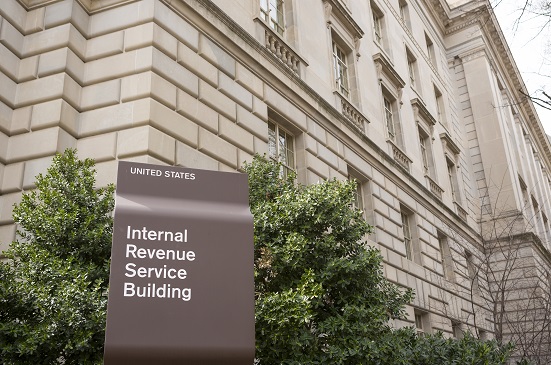IRS Hitting Estimated Tax Filers With More Penalties

The IRS plays no favorites when it comes to taxpayers missing payments or not paying enough. However, those who pay their income tax via quarterly estimated payments had better pay particular attention because lately the IRS has been coming down hard on these individuals with much more frequency.
According to recent IRS data, the number of penalties issued by the agency has jumped 33 percent between 2007 and 2016, from nearly 7.5 million to almost 10 million. These taxpayers, who often work as freelancers and business owners, get penalized because they don’t withhold enough money from their income to pay the necessary taxes.
According to the IRS, the data would appear to indicate that these individuals are either making mistakes in their calculations or they simply aren’t aware they need to pay these taxes. As for the cause of the increase in the number of penalties, the Doesn’t really have the answer.
However, the agency believes the increase in the number of taxpayers that now work for themselves, either as business owners or as freelancers, is one factor that is likely playing a role in the rising number of penalties.
The IRS suggests anyone who is responsible to make quarterly estimated tax payments fill out the agency’s annualized income installment method worksheet in order to calculate his or her taxes correctly and avoid the penalty.
Attracting Talent to Your Startup Organization
Attracting Talent to Your Startup Organization By Alan Olsen Building a successful startup company takes a lot of work and there are several important factors that play a role in whether or not a company makes it. One of the most important factors is having the right talent in. However, that is also one of…
A Bridge to Higher Social Security Benefits
A Bridge to Higher Social Security Benefits CHOOSING WHEN TO START receiving Social Security bridge benefits is one of the most crucial financial decisions facing new retirees. Many people assume collecting retirement bridge benefits as soon as they are eligible at age 62 and supplementing that income with IRA withdrawals is the best way to…
IRS Clarifies Home Sales Rules
Did you know the IRS Clarifies home sales rules? For many of us, the equity that we have built up in our homes represents a comfortable nest egg for the future. At retirement, many people sell the family primary residence defined and move to a smaller, less expensive home. The freed-up money, thereafter invested, may…
Request Telephone Tax Refund By Amending Your Return
Request Telephone Tax Refund By Amending Your Return Maybe you filed your federal tax return, received a refund and even spent the last penny before realizing that you missed out on a one time opportunity to request the Telephone Excise Tax Refund! Luckily, some opportunities do call twice. You can still request the telephone tax…




